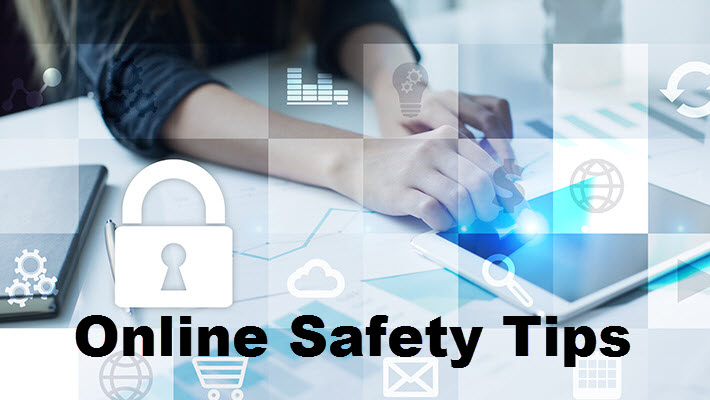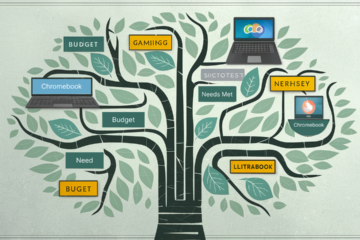In today’s digital age, protecting personal information and sensitive data online is more important than ever. With cyber threats looming at every corner of the internet, practicing good data security habits is essential to safeguarding your digital identity and privacy. In this article, we explore a range of data security tips for online activities that can help users stay safe and secure in the digital realm.
1. Use Strong, Unique Passwords
Creating strong, unique passwords for each online account is the first line of defense against unauthorized access. Avoid using easily guessable passwords like “123456” or “password” and instead opt for complex combinations of letters, numbers, and symbols. Consider using a reputable password manager to generate and store passwords securely, making it easier to manage and update them regularly.
2. Enable Two-Factor Authentication (2FA)
Two-factor authentication adds an extra layer of security by requiring users to provide two forms of identification before accessing an account. This typically involves entering a password and then verifying identity through a secondary method, such as a text message code, authenticator app, or biometric scan. Enable 2FA wherever possible to mitigate the risk of unauthorized access, especially for sensitive accounts like email, banking, and social media.
3. Keep Software and Devices Updated
Regularly updating software, operating systems, and devices is crucial for staying protected against security vulnerabilities and exploits. Enable automatic updates whenever possible to ensure that your systems are patched with the latest security fixes and enhancements. Additionally, be cautious when downloading software or apps from third-party sources and always verify the legitimacy of updates before installing them.
4. Beware of Phishing Attempts
Phishing attacks are one of the most common methods used by cybercriminals to steal sensitive information and credentials. Be vigilant for suspicious emails, messages, or links that prompt you to provide personal information or login credentials. Avoid clicking on unfamiliar links or attachments and verify the sender’s identity before responding to unsolicited requests for information.
5. Secure Your Wi-Fi Network
Securing your Wi-Fi network is essential for protecting your home network and devices from unauthorized access. Use strong encryption methods like WPA2 or WPA3 and create a unique, complex password for your Wi-Fi network. Disable remote management features and consider enabling MAC address filtering to restrict access to authorized devices only. Regularly review connected devices and remove any unfamiliar or inactive ones.
6. Practice Safe Browsing Habits
Practice safe browsing habits to minimize the risk of encountering malware, phishing scams, and other online threats. Avoid visiting untrusted websites or clicking on suspicious links, especially those shared via email, social media, or messaging platforms. Use reputable antivirus and anti-malware software to scan for and remove threats from your devices regularly.
7. Limit Sharing of Personal Information
Be cautious about sharing personal information online, especially on social media platforms and public forums. Avoid oversharing details like your full name, address, phone number, and birthdate, as this information can be used by cybercriminals for identity theft and fraud. Review privacy settings and adjust them to restrict who can see your posts and personal information.
8. Regularly Back Up Important Data
Regularly backing up important data is essential for protecting against data loss due to hardware failure, theft, or cyber attacks. Use cloud storage services or external hard drives to create backups of critical files, documents, and photos regularly. Consider implementing automated backup solutions to ensure that your data is consistently backed up and easily recoverable in the event of a disaster.
Empowering Digital Resilience
In conclusion, prioritizing data security is paramount for safeguarding your digital identity and privacy in an increasingly interconnected world. By following these essential tips for online activities, users can mitigate the risk of falling victim to cyber threats and enhance their digital resilience. Whether it’s using strong, unique passwords, enabling two-factor authentication, keeping software updated, or practicing safe browsing habits, taking proactive steps to protect personal information and sensitive data is key to staying safe and secure online. With diligence and awareness, users can navigate the digital landscape with confidence and peace of mind.




